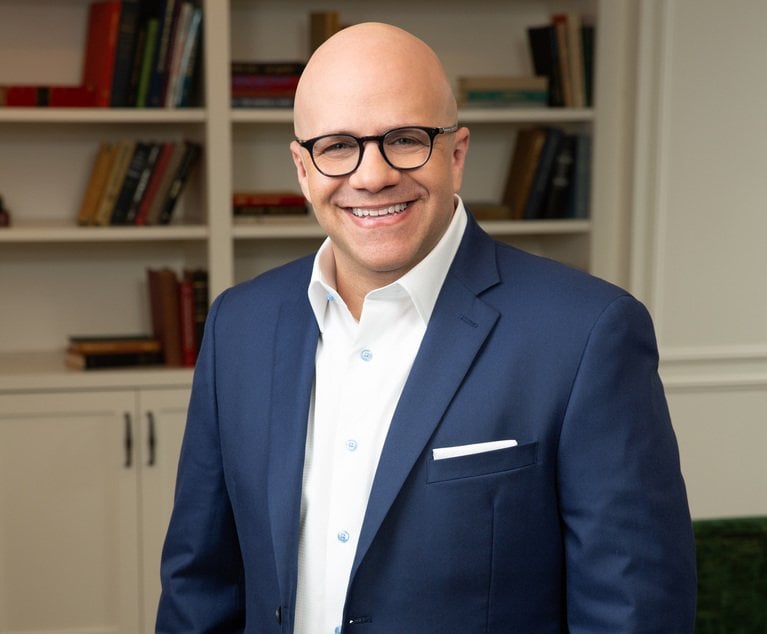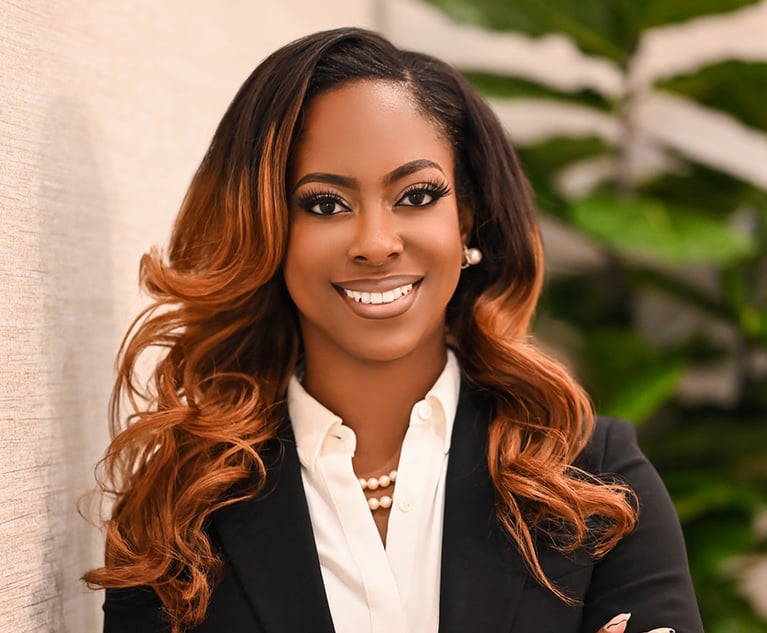Let me begin with a confession. I fear that when this article is published, my attempt at honesty will be dismissed as privileged whining. I fear I will be shunned by the legal community and that future employment prospects will be hampered. I fear that this article will have a negative impact on my career without creating any lasting change in how law firms treat Black attorneys. And yet, I continue to type.
 Liên Payne
Liên Payne
The inspiration spurring my fingers is Lauren Skerrett, a junior attorney at a top-tier firm. Skerrett’s recently published article on Above the Law, “On Being A Black American Biglaw Associate,” describes how the absence of formal work assignment systems leads to racialized distribution of billable hours among Big Law associates. Partners assign work to associates with whom they feel comfortable working. But majority white partnerships lead to more work for white associates because they are easier for white partners to relate to and engage with. Black associates are left in a bind: they are overlooked in favor of their white peers, but vocalizing frustrations results in partner discomfort and even less work. Eventually, the Black associate’s low billable hours—the most important metric in evaluating performance—becomes proof that they are not a “good fit” for the firm. The associate is then quietly let go or departs when it becomes clear that promotion is unattainable.


 Credit: nchlsft/Shutterstock.com
Credit: nchlsft/Shutterstock.com







